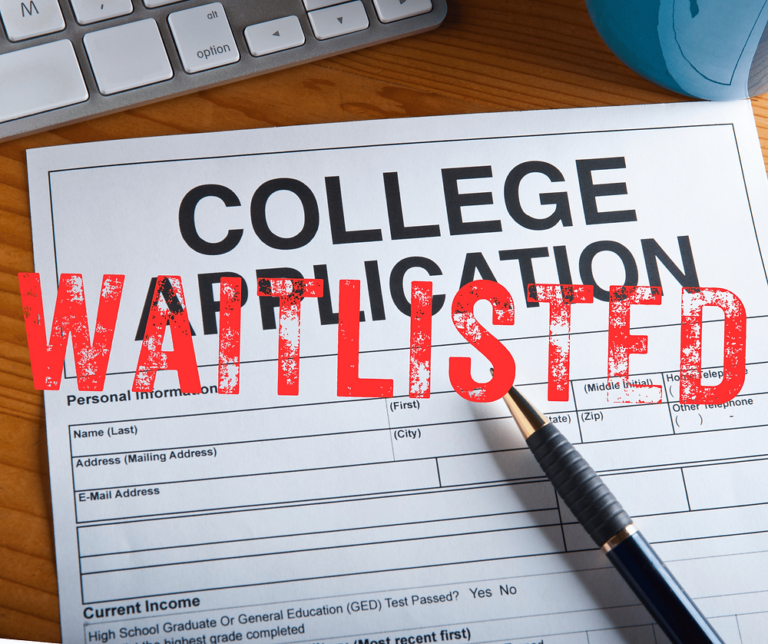
Academic Burnout
Academic Burnout is defined as a negative mental, emotional, and physical reaction to a prolonged study, resulting in a lack of motivation, frustration, exhaustion, and reduced ability in school. If this is not addressed at the right time, it has the potential to destroy a student’s emotional well-being and hamper relationships, both in school and in the family. The debilitating effects of academic burnout are depression and anxiety.
Stress is normal; it’s how you deal with it that matters!
It is natural for every student to undergo stress at some point in their lives. Life is not a bed of roses and the earlier they learn, the better it is. The underlying reason for this stress could be due to various factors.
- Parents’ expectations from their children.
- Fear of examinations
- Lack of understanding of the particular subject
- Setting unachievable goals
- Lack of social support.
These and a lot of other reasons contribute to the situation.
Recognizing Academic Burnout
The World Health Organization describes burnout as having three dimensions. It’s important to note that exhibiting these signs doesn’t automatically mean you’re burned out, but they are indicators to watch for:
1. Constant feelings of fatigue and lethargy.
- Waking up in the morning feeling tired.
- Affected sleep patterns. Being awake for too long and unable to sleep.
- Unexplained feelings of worthlessness or sadness.
- Physical symptoms like headaches, stomach aches, or nausea.
2. Hating the idea of going to school
- Loss of motivation and satisfaction in schoolwork.
- Lack of care for activities once considered important.
- Negative thoughts and resentment towards school.
- Preference for non-academic activities over academic ones.
3. Reduced Efficacy in Studies
- Low performance in areas of strength.
- Lack of focus and taking more time to complete tasks. f
- Increased forgetfulness.
Other signs may include nervousness, irritability, and loss of appetite.
Preventing Academic Burnout
Preventing burnout involves managing stress to maintain its positive effects without becoming overwhelmed. Here are several approaches to help:
Set Attainable Goals
Set realistic and achievable goals and create you own reading list. Feeling perpetually behind can lead to frustration and a sense of failure, even if you’ve accomplished a lot. Be kind to yourself and celebrate small victories.
Prioritize Basics: Sleep, Diet, and Free Time
Ensure you get enough sleep, maintain a healthy diet, and allocate time for relaxation. Establish a bedtime routine to improve sleep quality. Treat food as fuel to keep your body and mind in top condition. Free time is essential—engage in activities you enjoy without pressure to perform.
Spend Time on Activities That Make You Happy
Align school “musts” with your interests. For instance, if you’re passionate about social justice, join a related club and choose essay topics that reflect this passion. Focus on a few key activities rather than spreading yourself too thin.
Keep Fit and Feel Good
Exercise produces endorphins, which alleviate stress and enhance happiness. Incorporate exercise into your weekly routine, even if it’s just a small amount.
Stop Measuring Yourself Against Others
Comparing yourself to peers can lead to negative feelings and self-doubt. Instead, recognize your progress and be proud of your achievements, no matter how small.
Challenge Negative Thought Patterns
Be mindful of overly harsh self-criticism. Recognize and challenge negative beliefs that contradict objective facts. Positive self-talk can help maintain a healthy mindset.
Reach Out for Support
Don’t hesitate to seek help from those who care about you. When stressed, withdrawing from others can be tempting, but reaching out can provide relief and perspective.
Read More: Jobs of future in emerging industries & technologies
Some final thoughts
This article will hopefully enable you to identify academic burnout in yourself and others, together with giving some suggestions as to how you can reduce the stress to a more appropriate level. For some people, our suggestions may not be enough, or they may find it difficult to implement them in their lives. For them, it is important to seek additional professional help. Burnout can become a serious problem if not dealt with. It’s good to push yourself, but also invest in your mental health in order to boost your productivity and results.
This will help you in school and life.
Embark on a transformative higher education journey and elevate your path to academic success with the expert guidance and personalized support of an Ivy Central college counselor.







